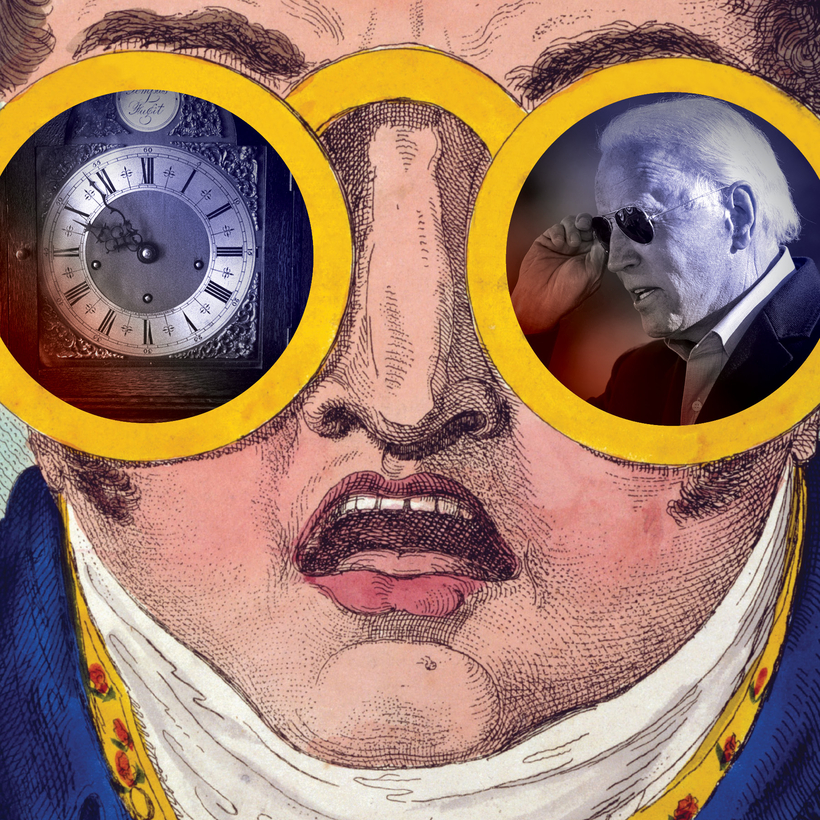For years we worried about Joe Biden being the oldest person to be sworn into office, and now we’re gushing with surprise over the wisdom, humility, expertise, and even-temperedness with which he’s handling his impeded transition to power—qualities that people who’ve watched him a long time say he didn’t used to have.
Maybe we’re the ones who now need to grow up.


